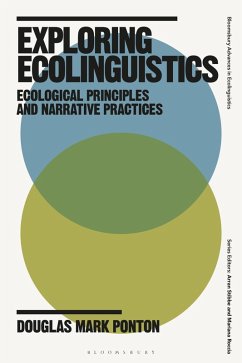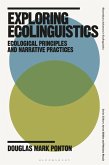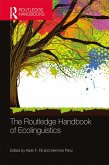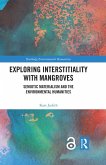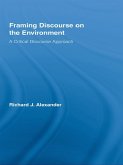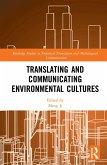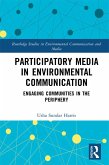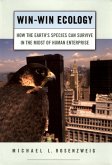Contributing to the rapidly emerging field of ecolinguistics, this book explores the role of language in mediating and determining our relationship with nature and in shaping attitudes and social practices in environmental areas. In doing so, it maps out research pathways for informed ecological debate that concerns both the planet and the discipline.
The book centres on two case studies. The first is a nature reserve near Siracusa in Sicily run by Fabio Cilea, where flamingos have begun to breed despite the devastation of the nearby coastline by one of the largest petro-chemical plants in Europe. The second is High Ash farm, a small farm near Norwich, UK. Farmer, Chris Skinner, is a passionate naturalist who for 30 years has presented a programme on BBC Radio Norfolk. Through analysing the discourse of both Skinner and Cilea, the book explores what it can reveal about the underlying environmental visions that sustain them. Together with the discourse of other engaged ecological figures, a picture emerges of the connections that exist between our beliefs/attitudes, language and the natural world.
Presenting a framework for analysing environmental discourse from a primarily positivist standpoint, the book draws attention to the discourses that underline social practices felt to be useful, necessary and beneficial in these moments of environmental crisis. Although these contexts are European, the methodologies applied, as well as the ecological and linguistic issues dealt with, are universal, clarifying the relationship between social practices and language itself, viewed in the book as an ecosystem that is also in need of loving attention.
The book centres on two case studies. The first is a nature reserve near Siracusa in Sicily run by Fabio Cilea, where flamingos have begun to breed despite the devastation of the nearby coastline by one of the largest petro-chemical plants in Europe. The second is High Ash farm, a small farm near Norwich, UK. Farmer, Chris Skinner, is a passionate naturalist who for 30 years has presented a programme on BBC Radio Norfolk. Through analysing the discourse of both Skinner and Cilea, the book explores what it can reveal about the underlying environmental visions that sustain them. Together with the discourse of other engaged ecological figures, a picture emerges of the connections that exist between our beliefs/attitudes, language and the natural world.
Presenting a framework for analysing environmental discourse from a primarily positivist standpoint, the book draws attention to the discourses that underline social practices felt to be useful, necessary and beneficial in these moments of environmental crisis. Although these contexts are European, the methodologies applied, as well as the ecological and linguistic issues dealt with, are universal, clarifying the relationship between social practices and language itself, viewed in the book as an ecosystem that is also in need of loving attention.

